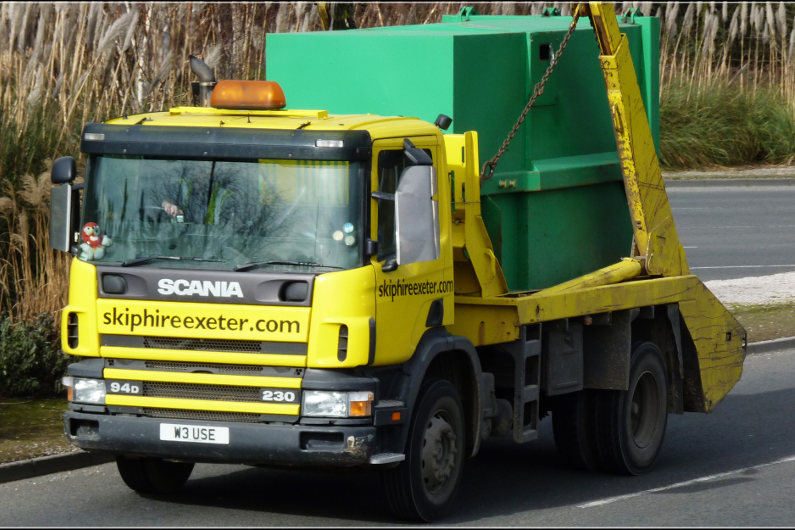When complying with legislation, you’ve got to be on the ball and know how it works. Unlike a football match, it’s not a game of two halves. It’s one where you have to be on your toes for the whole match. Drop the ball and the penalties are punitive. It can be a real challenge keeping up with the ever-growing rules and regulations.
Reconomy, specialists in waste management and 8 yard skip hire help to talk us through how hazardous waste should be removed and why it is an important consideration within the construction industry.

To begin with, there is some good news. Two aspects of the Hazardous Waste Regulations have changed in the last quarter. The first is less paperwork (I can hear you cheering from the stands). The second is the format of the unique consignment note code. You may not think these are major changes and you would be right. Nevertheless they are changes you have to keep up with if you don’t want to receive a red card.
What this means for you
For those that store over 500kg or more of hazardous waste, registering your premises with the Environmental Agency is no longer necessary. If you are in Wales, you should continue to register with Natural Resources Wales.
By completing a consignment note code – if the waste has been produced in England – you will need to put the first six letters or numbers of the business name onto the note, rather than the premises registration number.
Now, the SIC code 2007 has changed on a consignment note, but we think that these are minor changes and they could have been much more arduous.
If you’re managing hazardous waste, then you need a reliable waste management provider. Regulations in this area can be a real minefield, but a knowledgeable provider will help you keep on top of it.
The construction industry will always produce excess waste. Although much of it will be non-hazardous and can be dealt with fairly easily, you do need to ensure the two are kept separate if you want to avoid any fines and of course, any potential damage to the environment.

Here are three things to consider
Have you made sure to classify your waste? Is it hazardous or non-hazardous? If you are unsure there is plenty of information on the GOV.UK website.
Have you separated your hazardous waste properly? Once it is classified, you should wait for it to be collected. The company that you’re using should be qualified to do this type of work.
You should always be consistent with your paperwork, as this is the main point of call for any site that aims to manage hazardous waste. For hazardous waste in particular it makes sense that all movements of waste are tracked and you have to have the documents to prove it.
Paperwork is the last thing that you want to be dealing with when you’re trying to run a site. But it is something you can’t get away from. These latest changes in legislation are a move in the right direction in terms of all the red tape. But make sure you read the small print – or you run the risk of scoring an own goal.




